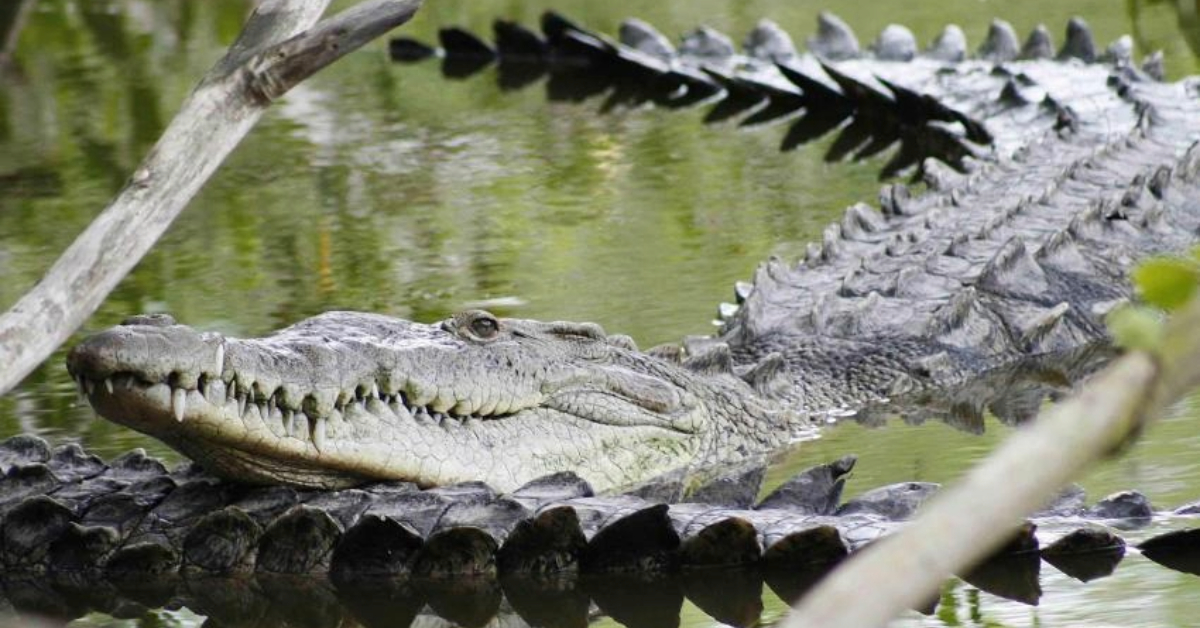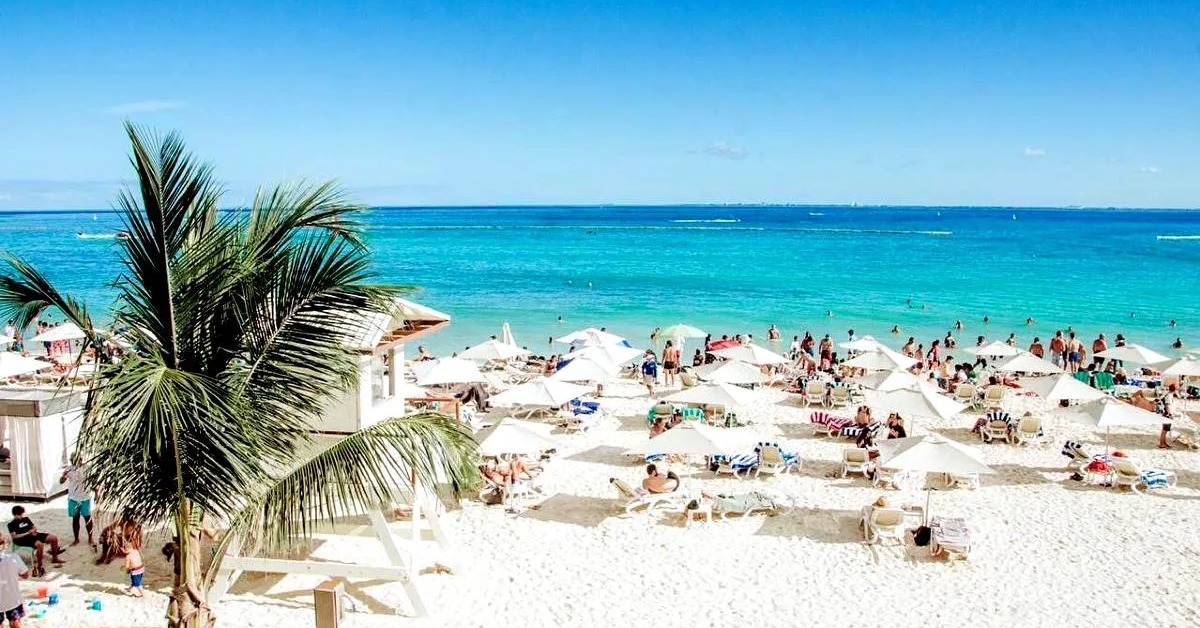PUERTO VALLARTA, Mexico – Long known for its sun-drenched beaches and vibrant tourism scene, Puerto Vallarta also serves as a vital habitat and transit zone for crocodiles. Each season, visitors flock here for the idyllic waters and tropical climate, unaware that these same shores double as pathways for one of the region’s most ancient reptile species.






